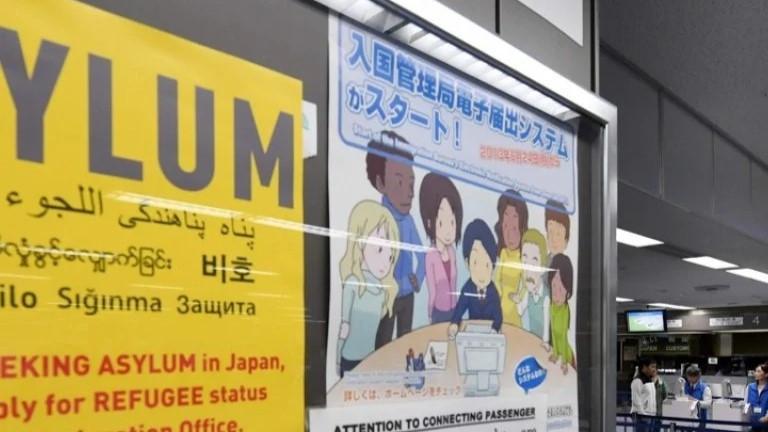
Japanese laws making it easier for the country to deport failed asylum seekers took effect Monday, with campaigners warning that the new system will put lives at risk.
The world's fourth largest economy has long been criticised for the low number of asylum applications it accepts. Last year refugee status was granted to a record 303 people, mostly from Afghanistan.
Now the government can deport asylum seekers rejected three times, under immigration law changes enacted last year.
Previously, those seeking refugee status had been able to stay in the country while they appealed decisions, regardless of the number of attempts made.
The revised law is "meant to swiftly deport those without permission to stay, and help reduce long-term detentions", justice minister Ryuji Koizumi said in May.
"Those who need protection will be protected, while those who violate the rules will be dealt with sternly," he added.
Critics have raised concerns over the transparency of Japan's screening process, warning that the new rules could heighten the risk of applicants facing persecution after repatriation.
"We're strongly concerned that the enforcement of this law will allow refugees who have fled to Japan to be deported, and endanger their lives and safety," the Japan Association for Refugees said on social media platform X.
The group called for a "fair" system to be established instead that "protects asylum seekers in Japan according to the international standards".
As of May, more than 2,000 Ukrainians were living in Japan under a special framework that recognises them as "evacuees".